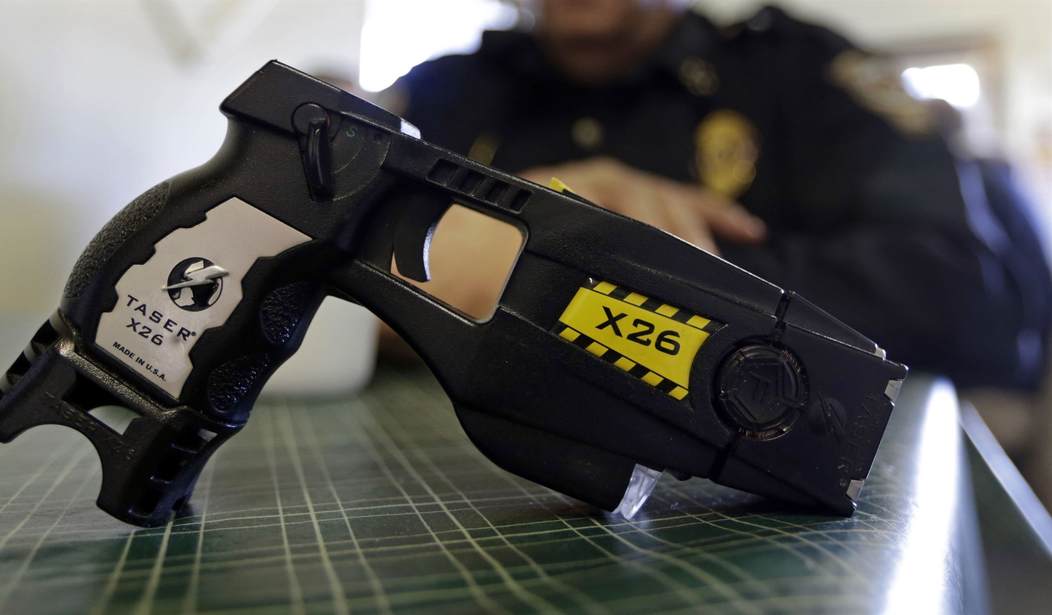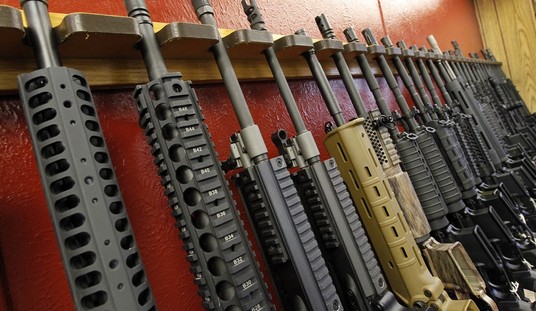All over the United States, activists are demanding that police stop using chokeholds. They argue that these can result in death if used improperly. To be fair, they’re not wrong. A chokehold has its place in people’s personal arsenal of moves, but if you don’t know what you’re doing, instead of knocking someone out, you could choke them to death. Unless you practice these moves regularly–and many officers don’t–you may well kill someone rather than subdue them.
However, this isn’t just an American thing. It seems the French decided to ban chokeholds. Then, they didn’t.
Less than a week after France announced it would abandon police chokeholds, the government responded to growing officer discontent by announcing it would test stun guns for wider use, adding to the ranks of European law enforcement agencies that have recently adopted the weapons that many in the U.S. equate with excess police violence.
Then, on Monday, the government backed away from a complete chokehold ban, saying it would no longer teach the maneuver to recruits but allow its use until a better alternative emerges.
For Johny Louise, it felt as though the 22 seconds of Taser pulses that led to his son’s death counted for nothing.
“They need more death so that one day they understand, but it will be more pointless deaths and sufferings for families,” Louise said.
Gendarmes in Orléans responding to a drunken brawl tried to arrest his son, Loïc. One officer, Noham Cardoso, fired his Taser for the first time, hitting Loïc Louise in the chest with the twin darts and jolting him for a full 17 seconds, rather than the usual 5-second cycle, then hitting him again less than a minute later with another 5 seconds, according to court documents obtained by The Associated Press. Loïc Louis, who was black, passed out and was later pronounced dead at the hospital.
Cardoso was charged last year with involuntary homicide in the Nov. 3, 2013, death. He has said Loïc Louise was aggressive and appeared ready to attack.
The officer’s lawyer, Ludovic de Villèle, can’t fathom why France would replace an immobilization technique with a weapon. He said it would make more sense to invent another technique to replace chokeholds.
“It’s a bad sign to say, ‘You can’t strangle, but here are Tasers for you to use,’” de Villèle said.
It’s a fair point.
First, understand that chokeholds can be used relatively safely and effectively. They’re used in MMA all the time and people aren’t dying from the rear-naked choke.
The difference is that MMA fighters train on this technique all the time, and police generally don’t. However, that doesn’t mean it can’t be used appropriately.
Tasers, however, are kind of a one-trick pony. They zap you and you either survive it or you don’t.
While tasers are classified as a less-lethal tool, that doesn’t mean they’re non-lethal. They can still kill people. The problem is that there’s no way to train people enough so that tasers aren’t going to kill anyone. While chokeholds can be deployed safely, tasers are what they are. If you have the kind of issues that can lead to you being killed by a taser, no amount of training given to an officer will alleviate that.
It seems that the French decided to go to a method that required a bit less training, but didn’t account for the fact that these methods can still kill.
Unfortunately, thems just the breaks. That’s just how things go sometimes, even with well-trained personnel.
That’s because resisting subjects are going to be the ones initiating determining how the confrontation goes. Sure, police can and should try to de-escalate a situation if they can, but at some point, they’re going to have to make uncooperative people do things they don’t want to do. That process may well result in death for any number of reasons.
At some point, all law enforcement, both in this country and overseas, are going to have to understand that and stop blaming police for doing what they have to do in order to successfully do their jobs.









Join the conversation as a VIP Member